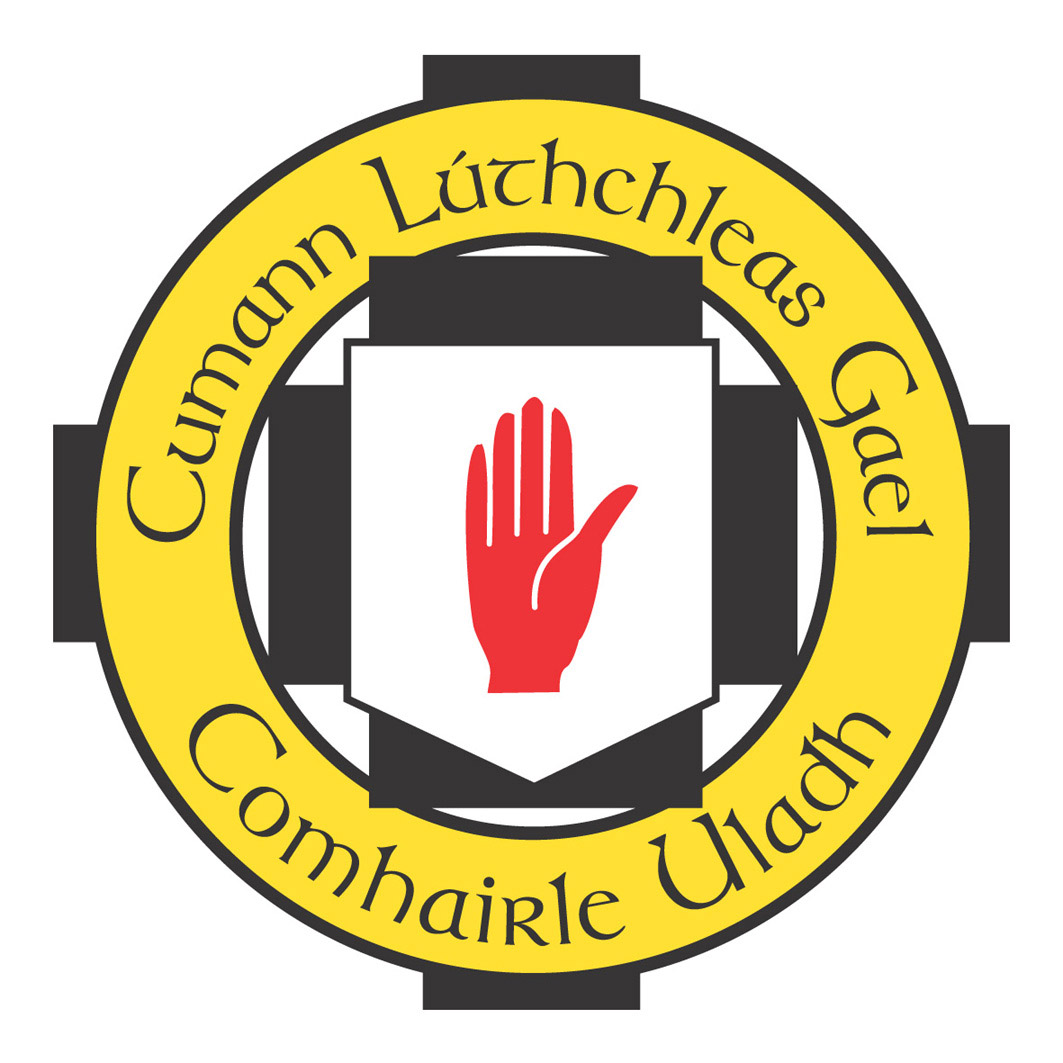HISTORICALLY GAA clubs have been the masters of getting the job done, with or without external funding.
Clubs should view external funding as a possible contributor to the overall club fundraising matrix; made-up of internal fundraising, volunteer-time and so on.
Regardless of what funding is available currently, or what is likely to open in the near future, clubs should be clear about what their needs are before looking at any specific grant.
The Club Development Plan is essential in this, as the community consultation aspect of the Club Planning Process will have identified need. It also makes sense that the facilities to be developed are what the club need rather than what a few in the club want!
Once need has been established, clubs should carry-out an analysis of everything their GAA club offers. Although sport is a core function of our clubs the club offers much more: culture and heritage; community development; volunteer development; youth-empowerment; health and wellbeing; social enterprise, community-leadership, urban renewal, rural services etc.
Once the club development plan has been finalised clubs should pull-out the aims which relate to physical infrastructure projects and build-up the detail around these points.
For example, a club who have identified a second pitch, and two additional changing rooms as a need should then develop a business case for this project.
It is advisable to break-down large development projects into phases so that the club aren’t stretched too greatly in delivering on a large project, but also it allows greater flexibility in putting together the funding matrix.
For example, the second pitch could come about as a result of a grant which aim is to increase physical activity, while the changing rooms could be funded through a grant-based around promoting health and well-being. This is only an example, but the point is that clubs should carefully consider their approach.
A business case, once completed, will allow clubs to share their plans with the wider community, local council and funders. A well thought-out business case will put a club in a very advantageous position, while also highlighting to the club the real demands of their proposed project, something that’s very important in trying to focus volunteer time and effort to where it is most needed.
All the while clubs should never lose sight of their core values, and be prepared to go back to the club membership on their views.
Receive quality journalism wherever you are, on any device. Keep up to date from the comfort of your own home with a digital subscription.
Any time | Any place | Anywhere












